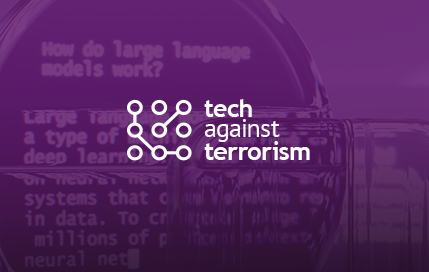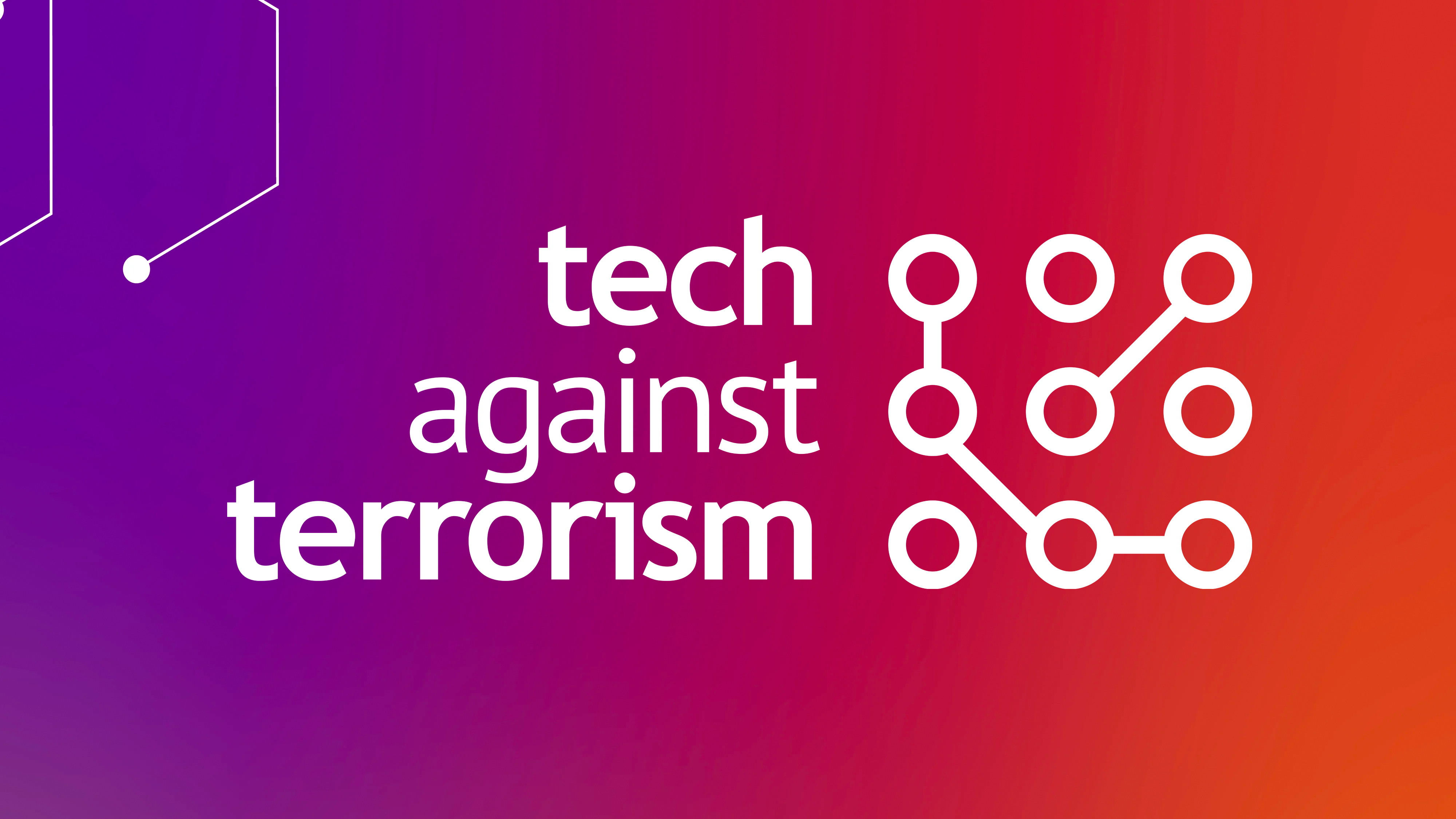2 min read
Press Release: New Orleans Attack Underscores Critical Need to Strengthen Global Counterterrorism Capabilities
Tech Against Terrorism Jan 2, 2025 4:16:03 PM
Following the recent attack in New Orleans, USA, Tech Against Terrorism has highlighted the urgent need for enhanced counterterrorism resources, particularly in open-source intelligence (OSINT) capabilities.
Key points:
-
Growing Threat Posed by Islamic State (IS): While no official claim has yet been made, the attack follows numerous indicators and warnings on the expanding influence and capabilities of Islamic State (IS) and its affiliates, including Islamic State Khorasan Province (ISKP). The group's digital footprint has grown substantially, with its messaging reaching wider audiences, driving their narratives and leading to increased support and funding. Online monitoring reveals a concerning surge in IS-generated propaganda across Central Asia, Europe and parts of Africa, demanding immediate attention from global security partners.
-
Platform Responsibility: There is an urgent need for platforms to strengthen their proactive content removal capabilities. Given the speed and scale at which extremist content proliferates online, current reactive measures are insufficient. In the past year, we've witnessed terrorist content online reach levels unseen in a decade, highlighting the critical need for more robust, forward-looking strategies to prevent its spread before it can cause harm.
-
More Effective Crisis Communications: The aftermath of the New Orleans attack demonstrates the need and importance of coordinated, accurate communications. Conflicting statements created opportunities for false narratives to proliferate online. Caution must be taken when reporting attacks of this nature to avoid inadvertently amplifying terrorist messaging designed to create societal division and polarisation.
London, 02 January 2025 – In the wake of the New Orleans attack that claimed at least 15 lives and injured 35 others, Tech Against Terrorism calls for immediate, coordinated action to address the rising online presence of IS and its affiliates and deny them the strategic communications space they need to gain further support and plan attacks.
Evidence from the New Orleans attack, including the recovery of an IS flag at the scene, underscores the group's continued capability to inspire violence despite territorial losses in Syria and Iraq. The attack has already generated concerning levels of supportive messaging from violent extremist actors online, showcasing the immediacy of the threat.
The surge in IS-linked arrests across Europe and the United States over the past 12 months, particularly linked to ISKP, underlines a concerning trend. This increase correlates directly with the growing volume and sophistication of IS content online, as multiple branches of the group demonstrate growing operational boldness.
At the same time, current global instability has strained counterterrorism resources, particularly affecting intelligence gathering and online monitoring capabilities. Traditional physical security measures alone prove insufficient; effective counterterrorism also requires robust digital monitoring to identify and prevent potential attacks during their planning stages. As such, the intersection of physical and digital security has become increasingly critical, yet digital monitoring resources have not kept pace with the evolving threat landscape.
The rapid spread of misinformation after the attack further illustrates the importance of effective crisis communications. Various political and ideological actors attempted to exploit the situation before authorities could establish basic facts, including speculation about border security and the attacker's background. Conflicting official statements regarding the motive and the nature of the attack further complicated the situation. This incident reinforces the need for coordinated crisis communication protocols to prevent the spread of false information and potential retaliatory or copycat attacks.
Adam Hadley, Executive Director of Tech Against Terrorism, said:
“The New Orleans attack highlights the evolving nature of terrorism amid growing global instability over the past year and into 2025, with extremist groups increasingly exploiting digital platforms for propaganda and attack planning. Despite progress since incidents like the Christchurch attack in New Zealand, significant gaps remain in detecting and preventing threats in real-time. Addressing this requires urgent investment in open-source intelligence and stronger public-private partnerships to enhance collaboration between governments, NGOs, and technology platforms. By building more effective threat detection systems, we can better protect communities and prevent future attacks.”

Press Release: National Violence Disorder Unit Needs Unified Government Threat Intelligence Coordination
Tech Against Terrorism welcomes the UK Government’s new National Violence Disorder Unit. Considering this week’s disturbances, we advocate for a...

Press Release: Tech Platforms Urged to Take Action Against the Houthis
Following new revelations that arms in Houthi-controlled Yemen are openly traded online, Tech Against Terrorism calls on tech platforms to actively...